Report CRinMA 2.0
In Library we published report - outputs from our activities within CRinMA 2.0 devoted to the post-pandemic reality in mountain regional policies
The protection of the cultural heritage in the mountain areas is of vital importance for ensuring the cultural diversity of Europe and saving local traditions and customs for the next generations. However, this field is often neglected and local communities have insufficient potential and funds to ensure sustainable use of cultural heritage. Therefore, more support should be provided at the regional level. The aim of CRinMA is to improve the regional policies in order to provide better support for the mountain areas with intangible and tangible cultural resources.
Based on the previous profound experience in the implementation of the cross-border programmes, the CRinMA partners have decided to focus on the mountain border areas, assuming that many of the challenges are similar within one geographical area on both sides of the border (or regardless of the borders). All CRinMA regions are eligible within at least one cross-border programme and face challenges typical for the border areas. At the same time, all CRinMA partners can influence the stakeholders from both sides of the borders, which will bring a new dimension to the project.
The thematic focus of the project will lie on the heritage related to the mountain folk architecture, traditions, customs, and skills. In some European regions, including Malopolska, Podkarpackie and Presovsky Kraj that kind of heritage is protected by open-air museums. The partners would like to find the solutions on how to make those museums more lively and better integrated with the local communities, which would lead to better promotion and protection not only of tangible, but also of intangible heritage. The exchange of experiences and transfer of good practices between different regions and mountain areas (Carpats, Alps and Gêres-Xurés Cross Border Park) will lead to the elaboration of practical solutions to facilitate valorisation and better protection of the precious cultural heritage in those remote localities.
€1,237,695.00
Environment and resource efficiency
Cross-Border Cooperation Programme Interreg V-A Poland-Slovakia addresses the most important cross-border challenges which are linked to the implementation of the Europe 2020 strategy in the Polish-Slovak border region. Among other strategic objectives, the programme will promote effective and sustainable use of natural and cultural heritage. One of three funding priorities aims at «Protection and development of the cross-border area's natural environmental and cultural heritage». However the challenges related to the protection of the cultural heritage in the mountain areas are not directly addressed and this could be supplemented.
This cross-border programme intended to improve the quality of life of inhabitants in the cooperation area 5 thematic objectives. The direct beneficiaries of this programme include a wide variety of organisations, both public and private.
As far as the project proposal is concerned, we intend to address the Thematic Objective 6. – Preserving and Protecting the environment and promoting resource efficiency and Priority 6.C – Protection, promotion and development of natural and cultural heritage. Specific Objective for Priority 6.C include: Protect and valorise the cultural and natural patrimony as support of the economic basis of the cross-border regions.
In the programme any specific measures for areas which have parts of its territory located in natural and protected areas, or natural and cultural heritage parts located in mountain areas such as in the Eurorregion Galicia-North Portugal, or even territories with other specific features , are not mentioned. These specific features includes low population density, the lack of smart specialization, knowledge-based sectors, or ageing population. On the other hand, these areas possess unique landscapes, great cultural resources, and natural parks, which – if well used - may contribute to the economic and social development.
During the previous period ALCOTRA 2007-2013 programme was focused on initiatives that concerned the European objective „Sustainable Growth”. Most of the financed projects (40%) addressed activities such as: promotion of geographical, natural and cultural peculiarities, actions on the cross border area which preserving the natural and cultural heritage.
Important activities in the ALCOTRA programme are focused on emphasizing and strengthening the importance of networking activities and actions for the existing heritage sites through shared initiatives. The Thematic Objective 6 „Preserve and the environment and promote an efficient use of the resources” with the priority of investment c) Maintaining, protecting, promoting and developing natural and cultural heritage are points of importance. To achieve objectives ALCOTRA aims at increasing sustainable tourism in the area, improving habitat management, SMEs involvement, promoting the attractiveness of mountain areas. In order to achieve sustainable use of this mutual patrimony Association Européenne des élus de Montagne (AEM) and the UNCEM will focus on more direct involvement of small local authorities located in the area. UNCEM and AEM could transfer best practices tested in the day-to-day networking activity to strengthen a long-term impact.
In Library we published report - outputs from our activities within CRinMA 2.0 devoted to the post-pandemic reality in mountain regional policies
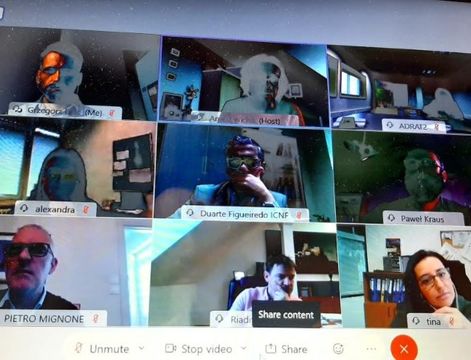
Partners and stakeholders of CRinMA project met together on common on-line session, 13th April 2021.
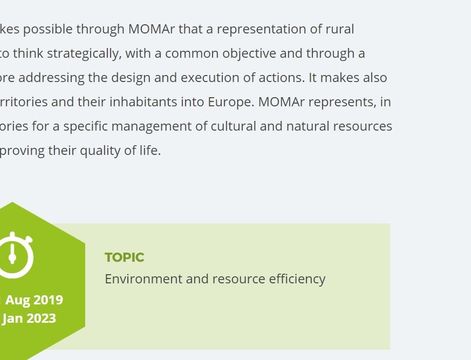
CRinMA project was presented during the third interregional meeting of MOMAr project (Models of Management for Singular Rural Heritage)
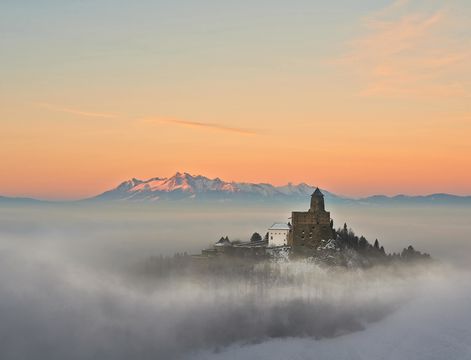
Culture in the changing times
CRinMA final conference, 21 January 2021
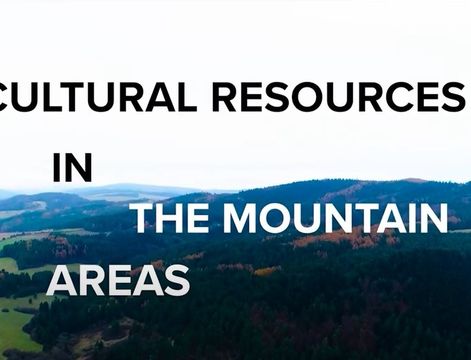
Film on CRinMA project
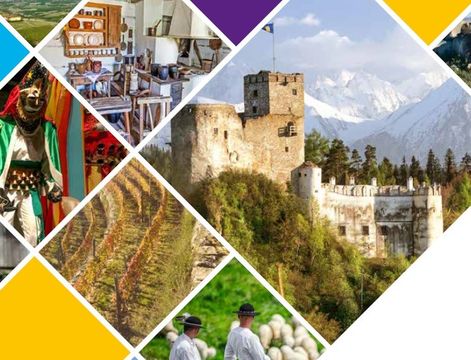
CRinMA final brochure in all language versions is ready to read
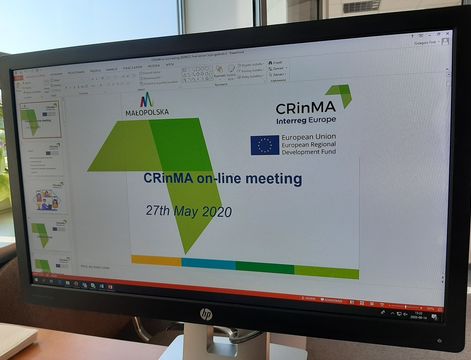
Due to COVID-19 CRinMA partners meeting took place on line, May 27th 2020.
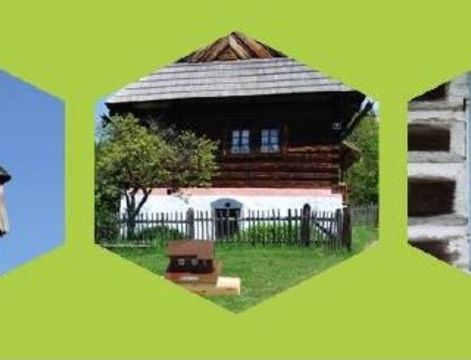
Three CRinMA Action Plans
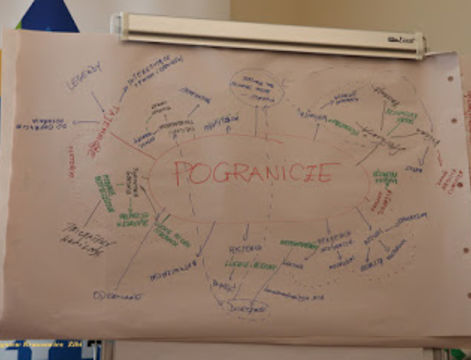
International workshops How to support cultural heritage in the mountains?, Nowy Targ, Poland
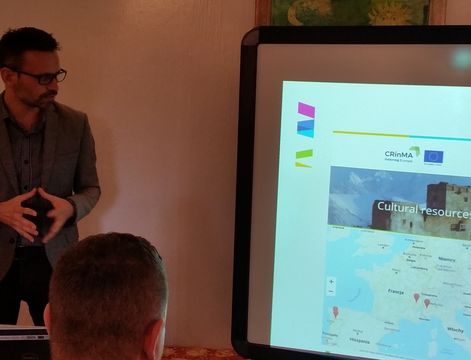
CRinMA on the debate on culture and nature